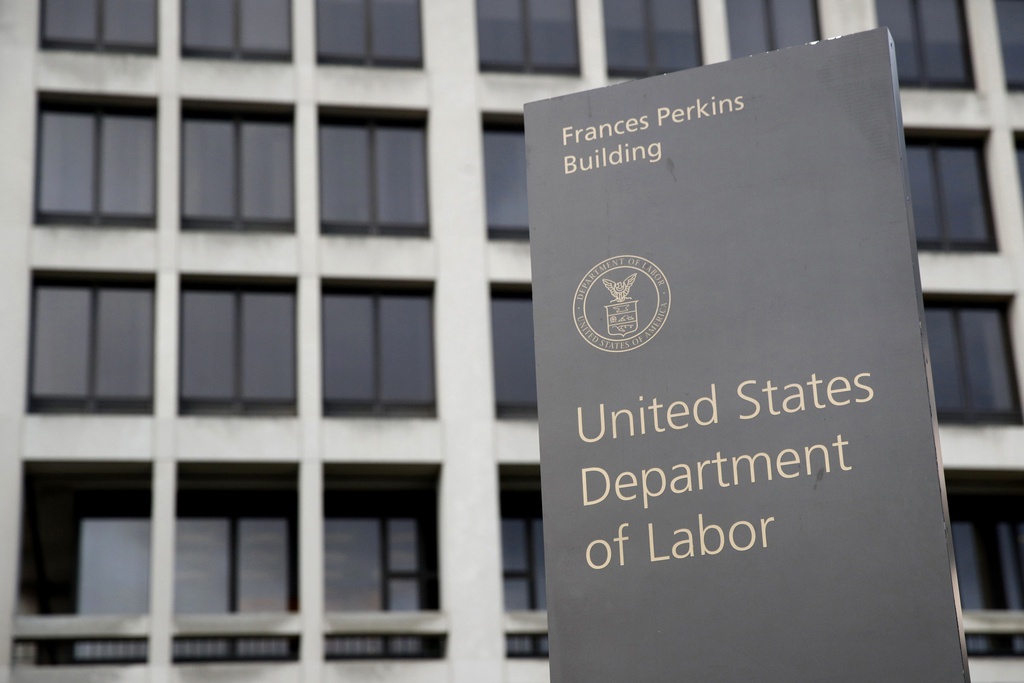Spotlight
Finance
Technology
Once upon a time, we all typed on large keyboards and used desktop computers. These…
Join our mailing list
Get the latest finance, business, and tech news and updates directly to your inbox.
Top Stories
In the rapidly evolving world of financial technology, Amol Gote stands out as a Solutions…
Red Lobster is seeking to hook a buyer as the struggling seafood chain attempts to…
Total Net Revenue: $1.16 billion, second highest in company history.Global Wealth Management Revenue: Record $791…
A handful of American finance and tech tycoons are gearing up for multi-billion bids to…
Topline U.S. fertility rates in 2023 reached the lowest levels since records began, the Centers…
Patrick Semansky / AP A sign stands outside the U.S. Department of Labor’s headquarters, May…
The patch notes for Escape From Tarkov update 0.14.6 have been released and the big…
Ridofranz / Getty Images/iStockphotoUpping your financial knowledge game this year is something that will bring…
Topline Food recalls in 2023 reached the highest levels the U.S. has recorded since the…
Following the reveal last November, we now know that the first Robot Damashii toy for…
Denver residents looking for a local financial advisor will find plenty of options — there…
Although I firmly believe AI is a hugely transformative technology that will change the world…


















![Retirement confidence in the US ticks up; new rule for financial advisers is set to start [Video]](https://s.yimg.com/ny/api/res/1.2/T0O2vD4KCY4ZgvC4hT393A--/YXBwaWQ9aGlnaGxhbmRlcjt3PTEyMDA7aD04MDA-/https://media.zenfs.com/en/aol_yahoo_finance_433/b015d2fb47b231a750ff80e468cce764)






















